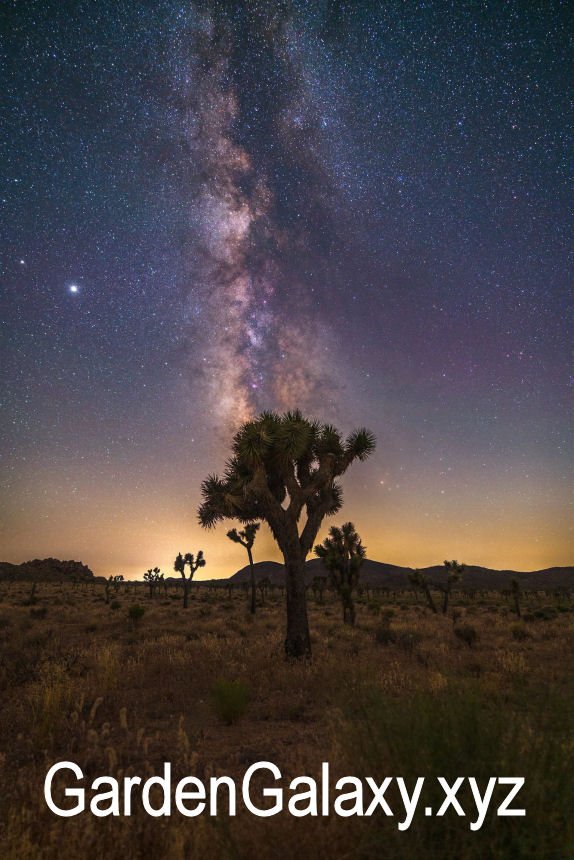|
Xeriscape Ideas Don't Kill that Tree!
|
|
|
Bulletin #TP1073
|
Horticultural Observations for Healthier Landscapes |
The term Xeriscape (zer-a-scape) is derived from the Greek meaning dry. The concept of drought tolerant landscapes has actually been around a long time. When properly planned, Xeriscape is a cost-effective method of landscaping to conserve water. Let's do a little planning.
◊ Watering Change for the Trees
◊ Planning
◊ How Many Drip Emitters will be needed?
◊ Irrigation Provision for Future Plants
Removing
grass from your landscape doesn’t mean you need to sacrifice the entire lawn
and give up its cooling effects. Target the non-functional or hard to maintain
areas. Eliminate sections of turf that are without a purpose, or difficult to
maintain. Converting even part of your lawn area can result in nice savings.
With some planning, your yard can be even more attractive, and your trees can
stay healthy.
(top)
Quite often too little thought is given to the future. Trees currently watered with the lawn will (following turf removal) be deprived of this water. Though the watering provided for a lawn is shallow and not good for trees, it is a constant source of water. So, if there is an established tree in the lawn that will be converted to xeriscape it is going to experience trauma.
As with most projects; Good planning, brings good results.
Ask yourself a few questions.
1) What do you want from your landscape?
2) What limitations and
what potential does it have?
3) Are there vital roots to trees or shrubs to be preserved and
irrigated?
4) What will you need to hide or want to highlight?
5)
Do you have children
or pets that need turf areas to play on?
6) Where are the sunny and shady spots?
(top)
Once a tree is established in a lawn, removing turf can result in problems. Make sure your trees are healthy before you start! Trees become reliant on frequent turf watering; When grass is removed, these trees can become stressed, and vulnerable to insects and disease. Too often, much of the tree's root system is torn out during the lawn removal process. Sod cutters do substantial damage to tree root systems and should be avoided in the root area under the canopy.
If the
turf is a cool season grass like fescue, the elimination process is simple.
Apply a non-selective herbicide like glyphosate to the foliage. This will
effectively kill the turf. The grass to be removed can be scalped away with a
mower set to soil level.
(top)
Having a dead tree removed from your property is very costly. So, how can we make sure that the established tree will be able to survive and thrive in the years ahead?
|
|
Soil composition varies greatly, and the rate at which a soil accepts moisture
is directly affected by this.
A 1-gph drip may radiate moisture 0.8 feet out & 9 inches deep in one type clay-sand soil if run
for an hour. In a silty-clay soil this same emitter may radiate moisture
could radiate more than 1.8 feet and only 4 inches deep.
|
How Many Drip Emitters will be needed?
If you
decide on drip, you'll need to determine how many emitters and where to place
them. Another option for trees in Xeriscape is 1/2 inch Dripperline, a soaker type tubing
system, could be placed under the rock. Proper watering will develop deep roots
and makes the plants drought tolerant. The feeder roots of a plant will be
no deeper than where moisture is routinely available.
They should extend to nearly all the way to the "dripline"
- An area directly below the reach of its branches.
(top)
Irrigation Provision for Future Plants
Also overlooked when doing a xeriscape, is the desire and ability to add plants later. At first you may only want a few plants. After a year or so, you might like to add more plants. Without planning ahead, there may be no easy access to irrigate new plants.
Sketch
your yard with existing structures, trees, shrubs and remaining grass areas. If
you were to add some plants later, where might they be? You can easily run
irrigation tubing to these areas now, and simply stub them off. This simple,
easy and inexpensive step can save you so much work later. Running new
irrigation under existing rock is not my idea of fun!
(top)
Plant selection and layout is next. Walk your favorite Nursery and see which drought tolerant plants appeal to you. Make a list. Bring your list and your questions into the Nursery and let the Certified Advisors help you build your dream. Then with a sketch of the plant lay out, irrigation specialists can help you with the water system design.
A well designed Xeriscape is a beautiful and practical addition to your home. It will provide many years of low maintenance landscaping for you, and add high appeal to your neighborhood!
© 2023 www.GardenGalaxy.xyz

